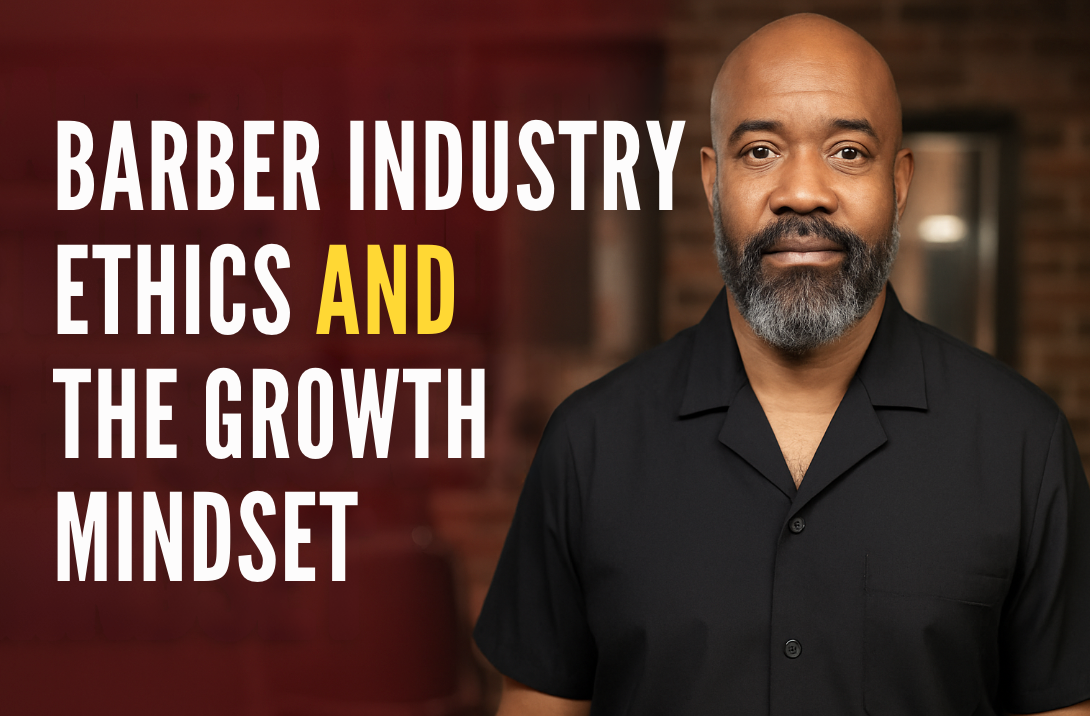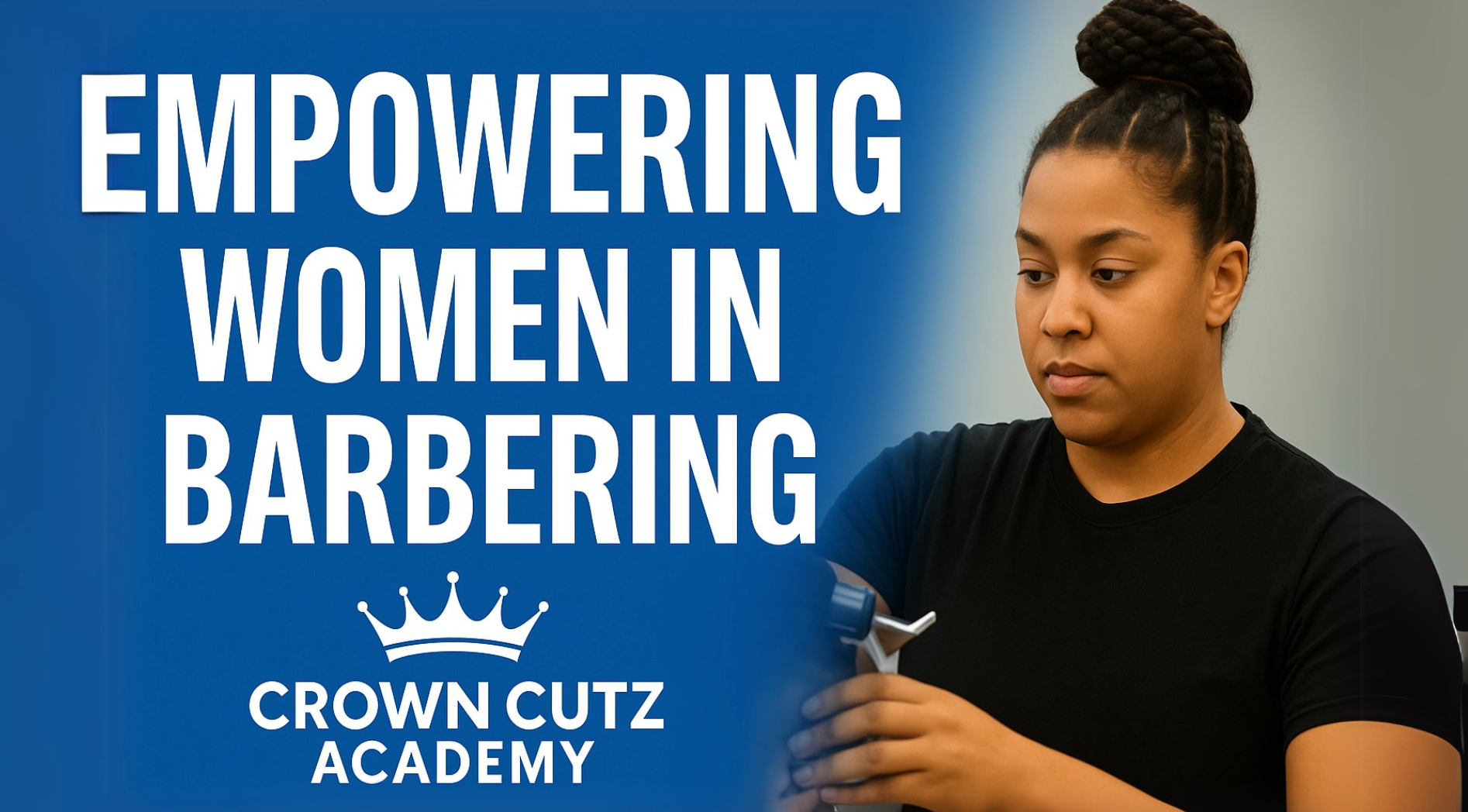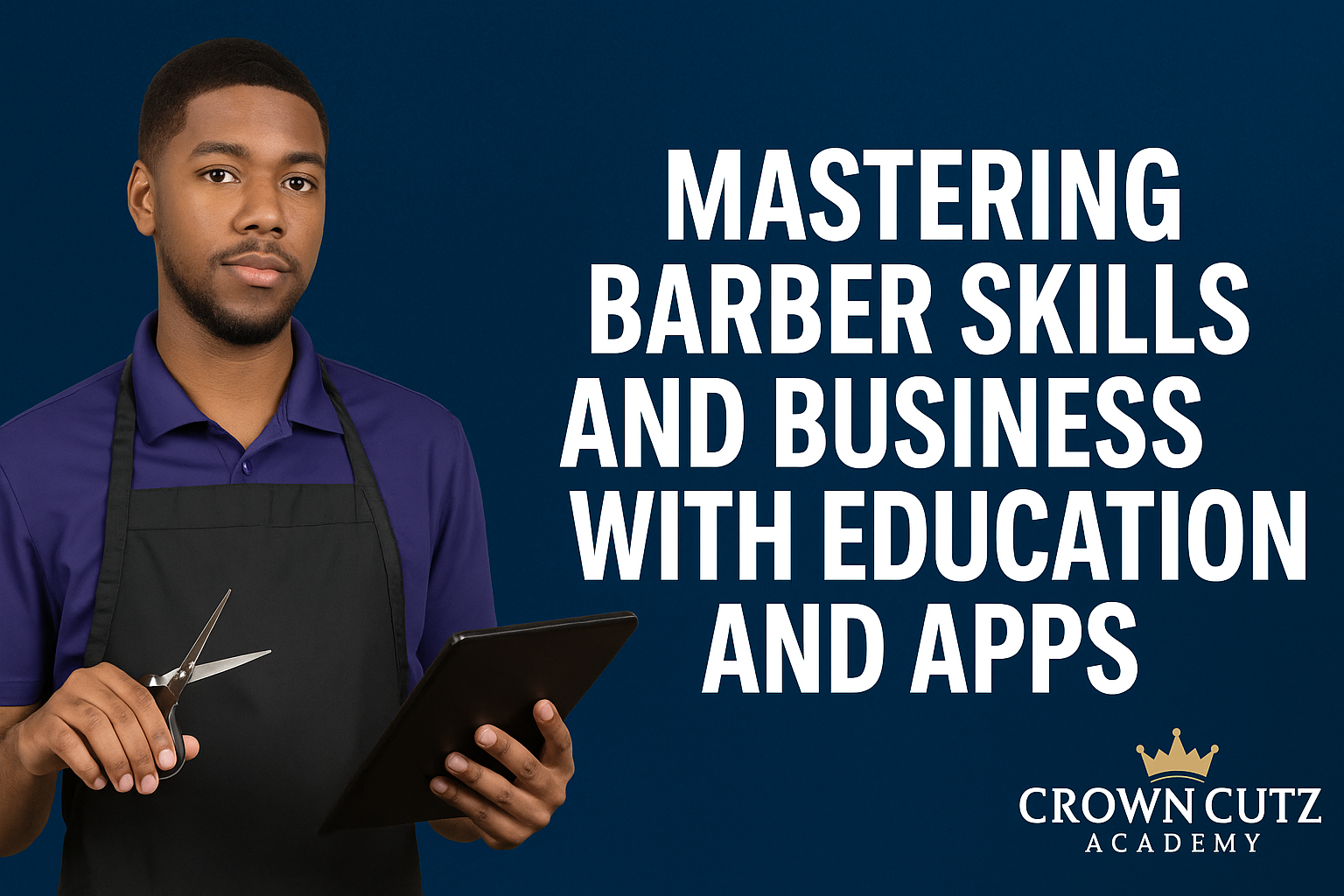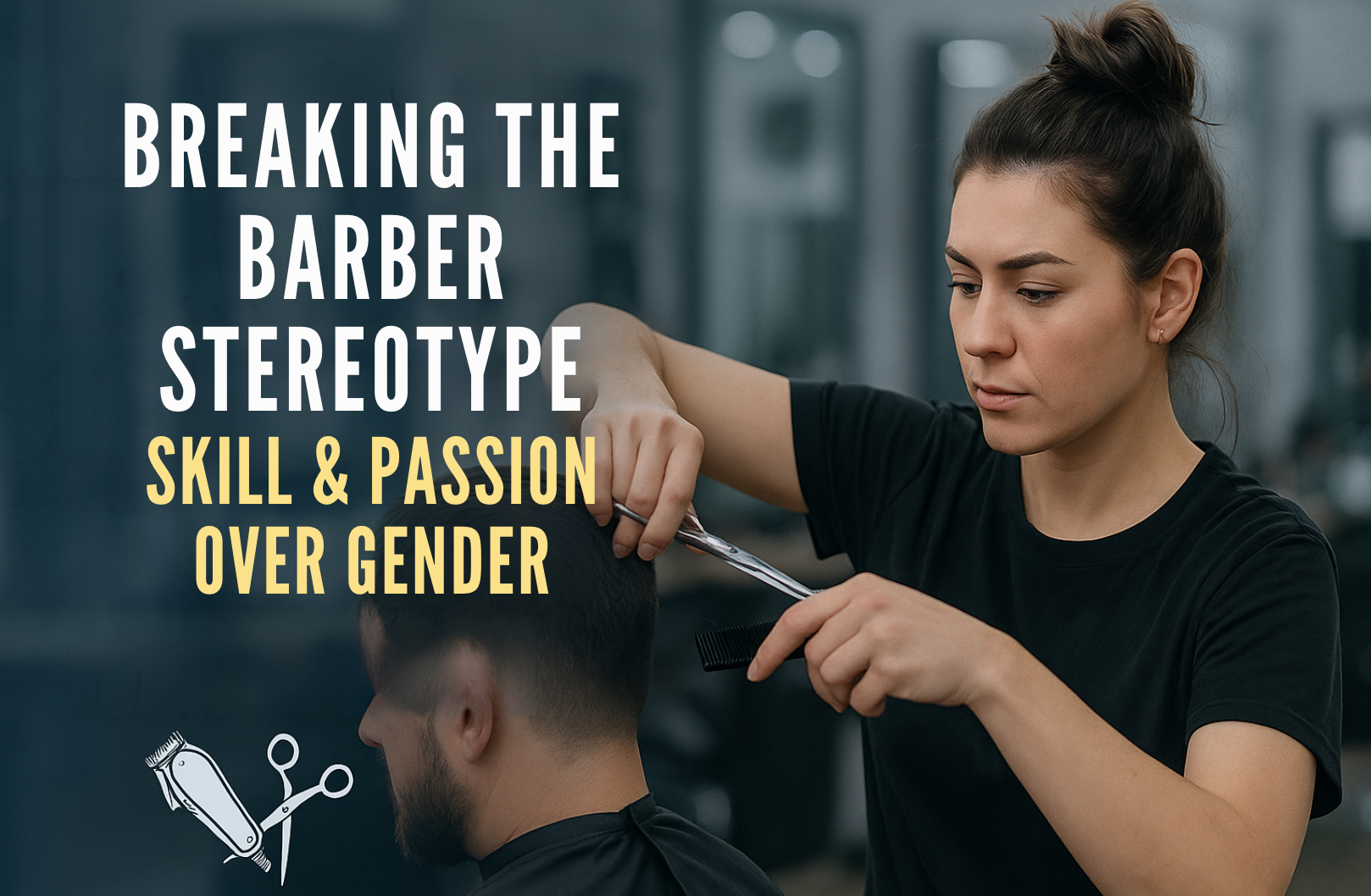The Future of Financial Aid in Barbering: Insights from Craig Charles, Jordan Barr, and Emma Fields
Welcome to our latest podcast episode, where hosts Craig Charles, Jordan Barr, and Emma Fields dive into a critical topic: the potential government plans to withdraw financial aid from the barbering industry. This episode uncovers the implications of such a policy change on students, schools, and the broader barbering community.
The Value of Financial Aid in Barber Education
Financial aid plays a pivotal role in making barber education accessible, especially for underserved communities. It enables students to pursue their passion without the looming burden of substantial tuition fees. The absence of financial support means many aspiring barbers would face insurmountable economic challenges, often having to forgo their dreams due to financial constraints.
Impact on Barber Schools and Students
Our panel delves into the severe consequences that the withdrawal of financial aid might entail. Without this support, students will struggle to afford tuition, inevitably leading to a decline in enrollment numbers. The financial strain may force students to either pay out-of-pocket or balance work and study, both of which can compromise their education and overall well-being.
Alternative Educational Pathways
The discussion shifts to potential alternatives, such as technical colleges (TCAT) and community college programs. These options, while valuable, differ significantly from traditional barber schools. Craig, Jordan, and Emma compare program durations, hands-on experience opportunities, and associated costs, including the availability of financial aid.
The Government's Rationale
The government argues that barbering is a non-essential trade, justifying the withdrawal of financial aid on economic and budgetary grounds. Our hosts challenge this stance, emphasizing the vital role barbers play in personal hygiene, confidence, and community well-being. The critique highlights a disconnect between policy perspectives and the lived experiences of those within the industry.
Industry Consequences and Adaptations
The removal of financial aid could have far-reaching consequences for the barbering industry. A surge in unlicensed barbers may lead to a drop in service quality and industry standards. However, the industry might adapt through increased reliance on apprenticeships, mentorships, and potentially a rise in private funding solutions and scholarships.
Personal Experiences and Perspectives
Our panelists share poignant personal stories, illustrating how financial aid has made a tangible difference in their careers and those of their peers. These narratives underscore the emotional and practical impact of the proposed policy change, providing listeners with a grounded perspective on its potential ramifications.
The Importance of Professionalism in Barbering
Beyond technical skills, barber education instills professionalism, sanitation practices, and effective communication. A professional license is not just a formality—it establishes credibility and upholds industry standards. This section reinforces why maintaining financial aid is crucial for sustaining the professional quality of barbers.
Call to Action
We encourage our listeners to stay informed and proactive. Advocacy for the continuation of financial aid is essential. Consider contacting local representatives, joining industry groups, and participating in forums to voice your concerns. Collective action can lead to a more favorable outcome for future barbers.
Conclusion
In summary, financial aid is indispensable for barbering education, providing necessary support to countless students. The potential withdrawal of this aid threatens to undermine the very foundation of the industry. Thank you for tuning in, and we urge you to remain engaged and vocal in this critical conversation. Your involvement can make a difference.










